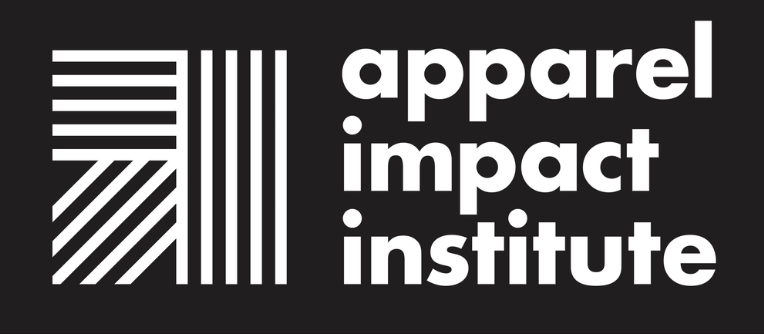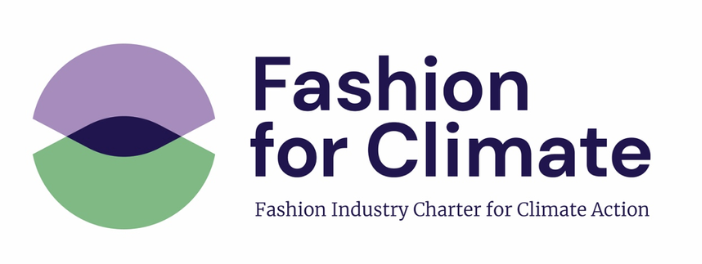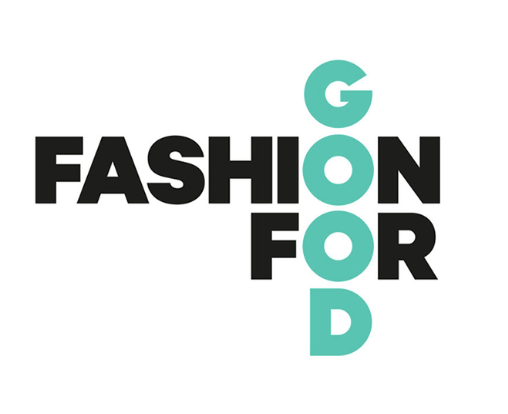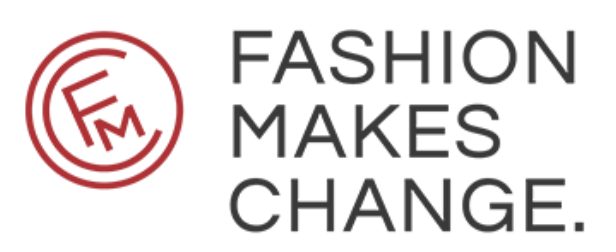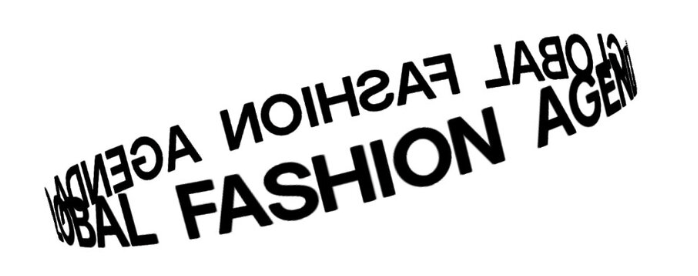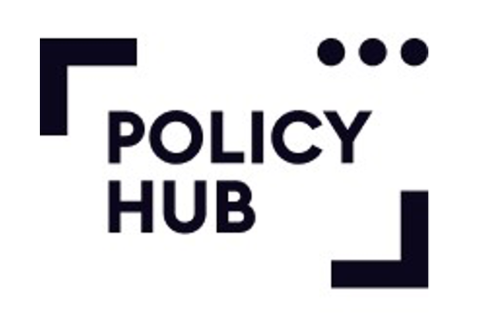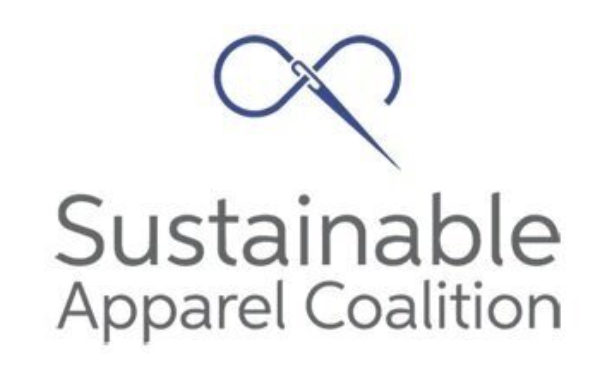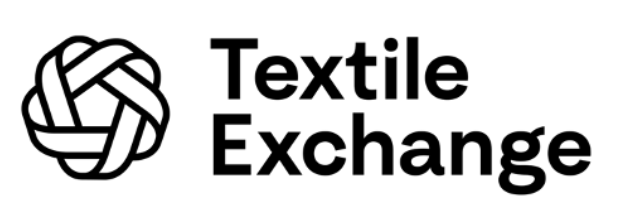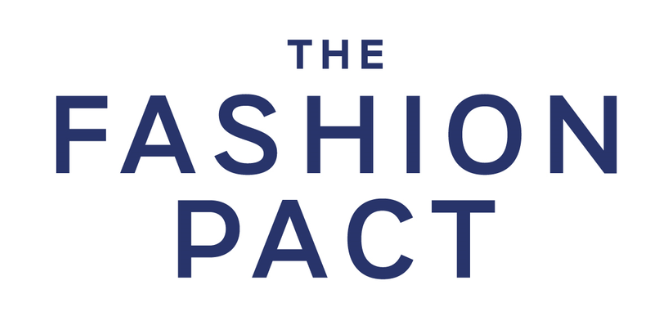Quarterly Briefing: Q4 2023
A quarterly briefing of the latest launches, events and collaboration opportunities in sustainable fashion, published by a collective of leading non-profits in the space. Follow us on LinkedIn to get notified when our next edition goes live.
The apparel industry is undergoing a remarkable transformation, particularly surrounding policy shifts, overall accountability on sustainability issues and the goal of achieving a 45% reduction in greenhouse gas emissions by 2030. New legislation, regulations and consumer expectations, notably from the EU, are poised to reshape the industry.
In this context, the Fashion Conveners alignment is critical for accelerating positive change. A primary objective for the Fashion Conveners is to align and accelerate action through partnerships, implementing strategies that promote continuity across the industry value chain to address the climate crisis and social impacts attributed to fashion.
As we conclude this momentous year, I take a moment to celebrate the strides we've made in accelerating sustainable action in the fashion industry through connected partnerships and collaboration. Our global group of nonprofits has diligently worked to build bridges, reduce duplicative efforts and ultimately foster greater social, economic, and environmental prosperity for our sector and beyond.
This year, we fortified the foundation of the Fashion Conveners and continued to expand working groups to align around topics such as Policy, Data, Tools, Consumer Engagement and Education/Events. Additionally, we launched this Quarterly Briefing newsletter as a means to hold ourselves accountable to you, our trusted stakeholders.
Looking ahead, I am optimistic about the necessary collaboration that will take place in 2024, and we are committed to keeping you updated on our FC progress. Keep an eye out for a quick survey coming your way early next year – we are eager to hear what you need and want from us.
Wishing you joyful holidays, however you choose to celebrate!
Together, we are the solution,
Scott Leonard
Steering Committee Chair, Fashion Conveners
A MESSAGE OF GRATITUDE
As the Sustainable Apparel Coalition undergoes a leadership transition, the Fashion Conveners wish to recognize outgoing CEO Amina Razvi for her commitment and contributions to our shared mission. “Partnership is the new leadership,” is not only a phrase coined by Amina but an infectious belief she has in the power of working together. As a core part of the Fashion Conveners’ collaboration, we are grateful for her inspiration, vision, action-oriented leadership and her friendship. It has been a privilege to partner together with her on this journey and we await with bated breath to see where her passion and commitment to a more sustainable and responsible future takes her. Wishing her a well-deserved break as we look forward no doubt to joining forces again in the future.
A round-up of recent publications and launches from our members.
APPAREL IMPACT INSTITUTE (Aii) PARTNERS WITH GEI AND THE CARBON TRUST. Aii is partnering with Global Efficiency Intelligence, LLC (GEI) and The Carbon Trust to create data-driven roadmaps in thermal energy and energy storage. It will share initial results in spring 2024 and final deliverables in summer 2024.
FASHION FOR GOOD TEAMS UP WITH SPRING LANE CAPITAL TO SCALE SUSTAINABLE INNOVATION IN THE TEXTILE INDUSTRY. Their new report, “The Great Unlock: Closing the innovation commercialization gap through project finance solutions”, reviews the different types of capital available to close the funding gap within the commercialization stage. It discusses the benefits, requirements and opportunities related to project finance as a funding solution in this space and highlights the roles that various stakeholders would need to play in order to bring this to life.
FASHION MAKES CHANGE ANNOUNCES GS1 UPDATES TO IMPACT INDEX FRAMEWORK. GS1 has confirmed the Impact Index framework will be codified, and fields for each of the attributes will be added during their December 2023 update. This will allow brands and retailers to uniformly collect and aggregate approved product and brand-level standards, certifications and other attributes alongside current standard information – unifying data and simplifying its collection through the common systems and catalogs of the fashion industry.
SORTING FOR CIRCULARITY INDIA TOOLKIT. Drawing upon the invaluable insights gained throughout the Sorting for Circularity India Project, Fashion for Good unveils a toolkit designed to harness the untapped potential of textile waste in India. Together, these resources provide valuable insights, assessments, and practical guidance to advance recycling in India’s textile industry.
SUSTAINABLE APPAREL COALITION (SAC) LAUNCHES MANUFACTURER CLIMATE ACTION PROGRAM. In collaboration with industry leaders NIKE and Target Corporation, the SAC introduced this program as a critical component of its Decarbonization Program, designed to catalyze support and drive the sector toward ambitious and necessary CO2 emissions reductions.
SAC ANNOUNCES EVOLUTION OF STRATEGIC PLAN. As the world continues to confront mounting challenges like environmental degradation, social injustice and economic volatility, the SAC is to now sharpen its focus on three foundational pillars: combating climate change, ensuring decent work for all and shaping a nature-positive future.
SAC AND WORLDLY LAUNCH HIGG FEM 4.0. Higg FEM 4.0 brings impactful and necessary changes — from improved data quality to alignment with relevant industry standards. This update marks an industry milestone in sustainability reporting, positioning Higg FEM 4.0 as the most applicable and leading assessment for environmental performance in the consumer goods industry.
SAC TECHNICAL REVIEW OF HIGG MSI AND HIGG PM TOOLS. In September, SAC shared the independent review of the Higg Index Product Tools, which captures the invaluable insights and recommendations derived from the expert review of the Higg MSI and Higg PM tools. This is the first of three reports from the Higg Index review.
TEXTILE EXCHANGE ANNOUNCES COMMERCIAL LAUNCH OF ETRACKIT. eTrackit is a forward-thinking system that delivers granular traceability to Textile Exchange’s material standards. The system, currently available for the Global Recycled Standard (GRS) and Recycled Content Standard (RCS), creates a detailed material accounting of certified materials at the individual product level and across the supply chain. eTrackit sits alongside dTrackit as part of Textile Exchange’s Trackit traceability offering.
TEXTILE EXCHANGE LAUNCHES THE MATERIALS MARKET REPORT. The annual Materials Market Report, which has been tracking global fiber and materials production volumes for the last decade, shows further growth in global production. The data – shows that global fiber production increased from around 112 million tonnes in 2021 to a record 116 million tonnes in 2022. This is expected to grow to 147 million tonnes in 2030 if business continues as usual.
THE BIODIVERSITY LANDSCAPE ANALYSIS. The Biodiversity Landscape Analysis is a vital step on our journey to create a net zero and nature-positive future. The report sets a clear path for the urgent action needed to tackle biodiversity loss. It was created by Textile Exchange and The Fashion Pact, in collaboration with Conservation International and in partnership with Biodiversify.
THE FASHION PACT LAUNCHES A NEW WEBSITE. The Fashion Pact forges a nature-positive and net-zero future for the fashion industry. From sourcing practices to the production of textiles, we need to reinvent the way the industry operates. The Fashion Pact's new website is now live!
THE MICROFIBRE CONSORTIUM AND ZDHC FOUNDATION UNITE TO COMBAT MICROFIBRE RELEASE. The Microfibre Consortium and ZDHC Roadmap to Zero Programme have joined forces to release snapshot guidance that sets out to help tackle microfibre loss in the textile industry. This guidance is aimed at empowering the value chain to take effective measures against microfibre pollution.
ZDHC INTRODUCES THE “RESPONSIBLE SOLVENTS APPROACH GUIDE V1.0”. The latest publication of ZDHC MRSL V3.1 saw a number of solvents added to the main list. Whilst it does not condone the use of solvents restricted by the ZDHC MRSL V3.1, ZDHC recognizes it is not possible for textile, leather and footwear value chains to move away from some solvents overnight. There is a need for a transition period whilst the industry moves towards available safer alternatives.
JANUARY 11: THE INDUSTRY WE WANT DEEP DIVE WEBINAR ON THE GHG METRIC 2023 SCORE. Join Sustainable Apparel Coalition and Apparel Impact Institute to learn more about the methodology behind The Industry We Want's GHG metric and the collective action efforts underway to reduce emissions and reach net zero by 2050. (Virtual)
JANUARY 30: EU/ASIA CLIMATE SOLUTIONS PORTFOLIO GRANT THESIS OVERVIEW WEBINAR.
FEBRUARY 8: USA CLIMATE SOLUTIONS PORTFOLIO GRANT THESIS OVERVIEW WEBINAR.
Aii’s call for Climate Solutions Portfolio grant applicants opens in March. Solutions providers, facilities, and manufacturing organizations of all sizes are invited to attend one of two webinars to learn the funding priorities and the key elements of a successful submission. (Virtual)
Join SAC's Manufacturer Climate Action Program (MCAP). A pivotal initiative that unites manufacturers worldwide to combat climate change, driving sustainable change through science-aligned targets. MCAP invites members and non-members to join this program and drive the sector toward ambitious and necessary CO2 emissions reductions. Learn more →
The Fashion Conveners is a global collaborative of non-profit alliances working individually and collectively to accelerate positive action in the fashion industry. We are on a mission to accelerate collective action through connected partnerships within the apparel and accessories value chain, with the ultimate goal of building greater social, economic and environmental prosperity.







